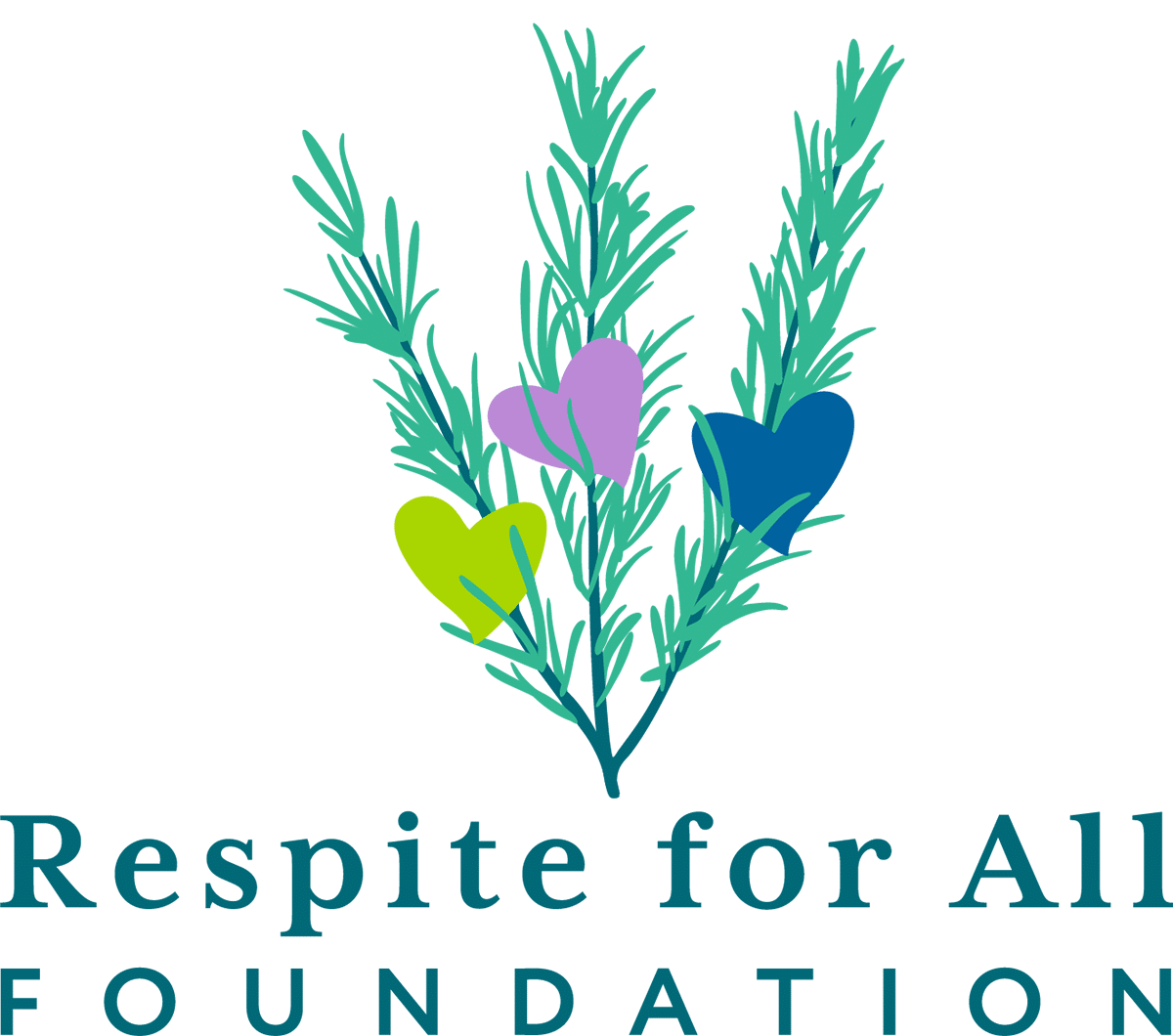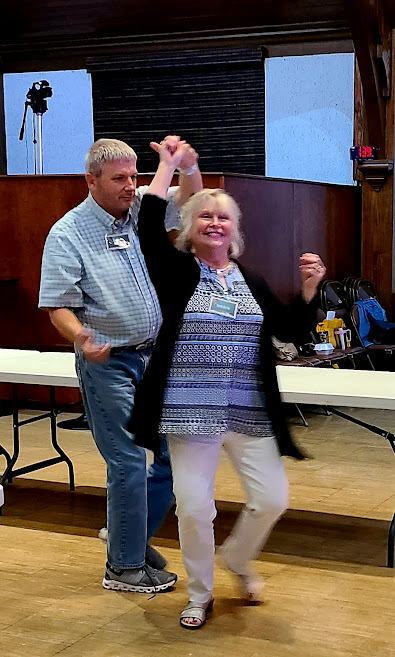This beautiful story was written by caregiver Catherine Cope:
“Tell him anything, but just get him there! We’ll do the rest,” she practically yelled over the phone. That would be Daphne Johnston, otherwise known as “Boss,” the co-founder of Respite for All in Montgomery, Alabama. Respite for All is an innovative social, volunteer model of care support for those living with dementia and their caregivers. In the following brief sketch, I will tell how, after our first day inside Respite, we recognized we were back in recovery—not recovery from illness—but recovery with illness.
By the time Robert and I discovered Respite, he had been living in and creating confusion for a couple of years due to memory loss. He could circumvent or disrupt any normal plan put into motion–either his plan made more sense to him, or he couldn’t see why it mattered. (Insert urge to scream!) He’d walk all over my carefully planned outings, routines, or appointments and right into some activity he’d thought of at the last minute. We both became time-dysfunctional, therefore, late for everything or canceling altogether. Admittedly, it often felt hurtful and deliberate. On top of that, dollars slipped by as Robert kept losing more and more stuff – constantly forgetting what he did with things. But really, how often can one person lose expensive medical devices that must be replaced immediately?
The Respite family of volunteers and other caregivers told us about “the memory doctor” at UAB Neurology, who would run tests and produce brain visuals to give us a diagnosis, and that’s just what he did. As it turned out, Robert had atypical mild dementia. Don’t misinterpret the definition of mild. Mild dementia is just the sneaky version of a whirlwind that could uproot everything you thought was stable in your life. Atypical just means a slower process than usual.
My brain kept asking, “How do we do this?” And the only thing I could come up with was one day at a time, I suppose.
Hmmmm…
In that one instant, I had evolved into Robert’s primary caregiver, a property manager, nutritionist, entertainment coordinator, family liaison, an over-tasked housewife, and a brain-dead robot. I cried a lot and eventually found myself in the ER. Being treated for stress pushed me into the stark reality of the dangers of the caregiver’s role. I saw Robert as a difficult, compulsive, bored, “crazy-maker,” and it was hard many times to believe he couldn’t do better if he tried. He was confused, frustrated, and defensive of anything or anyone that told him, “No, you can’t.” This also meant I had to find the “I can” for BOTH of us.
Robert and I are not newbies to recovery. We have been in AA Recovery for over 30 years, and we know what the walls of recovery feel like. They feel like some version of home and family. Recovering people laugh a lot. I used to wonder what in the world these chemically challenged people had to laugh about. They’d lost their best friends, Budweiser and Jim Beam! Now, inside the walls of Respite, we are again in a room full of people, and one might wonder what they have to laugh about. They’d had to give up memories of relationships, careers, hobbies, and of who they were.
However, we were experiencing what felt like a quality-of-life recovery that was also divinely inspired. The spirit of Respite was changing lives while they were being lived. There’s a hymn that goes, “Surely the presence of the Lord is in this place.” Well, within the rooms of Respite, there is a resurrection of its own—the resurrection of belonging. There are structured activities aimed at strengthening hand-eye coordination, scanning brains for word association, creating with tactile materials, and singing. Oh lord, how they sing!
Now, I have come to understand the steps to “a new way of life through the organizing principles” of Respite, and they are as follows:
Step 1. Become willing; showing up
Step 2. Admitting our lives had become unmanageable and wishing to be returned to sanity
Step 3. Coming to believe again
For anyone out there struggling, here are the universal truths we live by today: Easy does it; It works if you work it; and keep coming back. So, my best advice to anyone I talk with about Respite is, “Tell him anything! Just get him there. They’ll do the rest.” Respite equals recovery of quality of life for one day, one day at a time.

